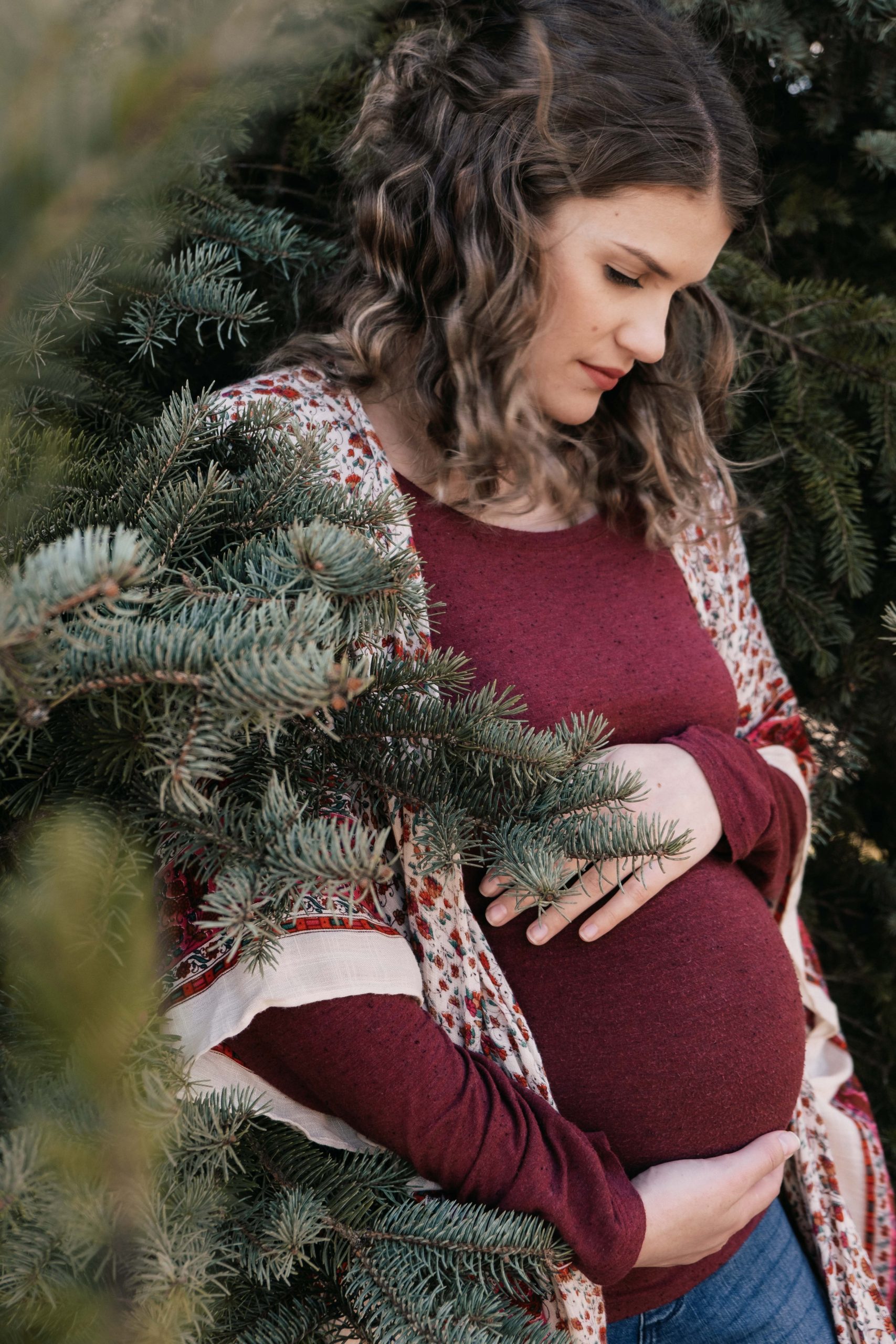Introduction
The first case of Coronavirus disease 2019 (COVID-19) was reported in Wuhan, China, in December 2019 and within a few months, it developed into a worldwide pandemic (Johns Hopkins University of Medicine, 2020). COVID-19 is caused by severe acute respiratory syndrome coronavirus-2 (SARS-CoV-2). As of 11 October 2020, more than 37.1 million people worldwide were infected resulting in 1 070 355 deaths (WHO, 2020).
Pregnant women are more vulnerable to viral infections and therefore represent a potential risk group for severe outcomes in relation to viral infections (Silasi et al., 2015). Especially, they have an increased risk of severe pneumonia following infections with respiratory pathogens (Liu et al., 2020). The increased susceptibility during first trimester pregnancy may be due to a pro-inflammatory state (Liu et al., 2020).
For pregnant women, previous coronavirus epidemics such as middle east respiratory syndrome (MERS) and severe acute respiratory syndrome (SARS) have been associated with increased maternal morbidity, mortality and adverse obstetric outcomes (Schwartz and Graham, 2020). Only a few documented cases of SARS in pregnant women have been reported. A case study from Hong Kong of seven first trimester cases showed a pregnancy loss rate of 57% in women infected with SARS (Wong et al., 2004). Only 11 confirmed cases with MERS infection during pregnancy have been documented worldwide showing a maternal and infant fatality rate of 27% (Assiri et al., 2016; Schwartz and Graham, 2020).
Faça o download completo: SARSCoV2 in first trimester pregnancy



